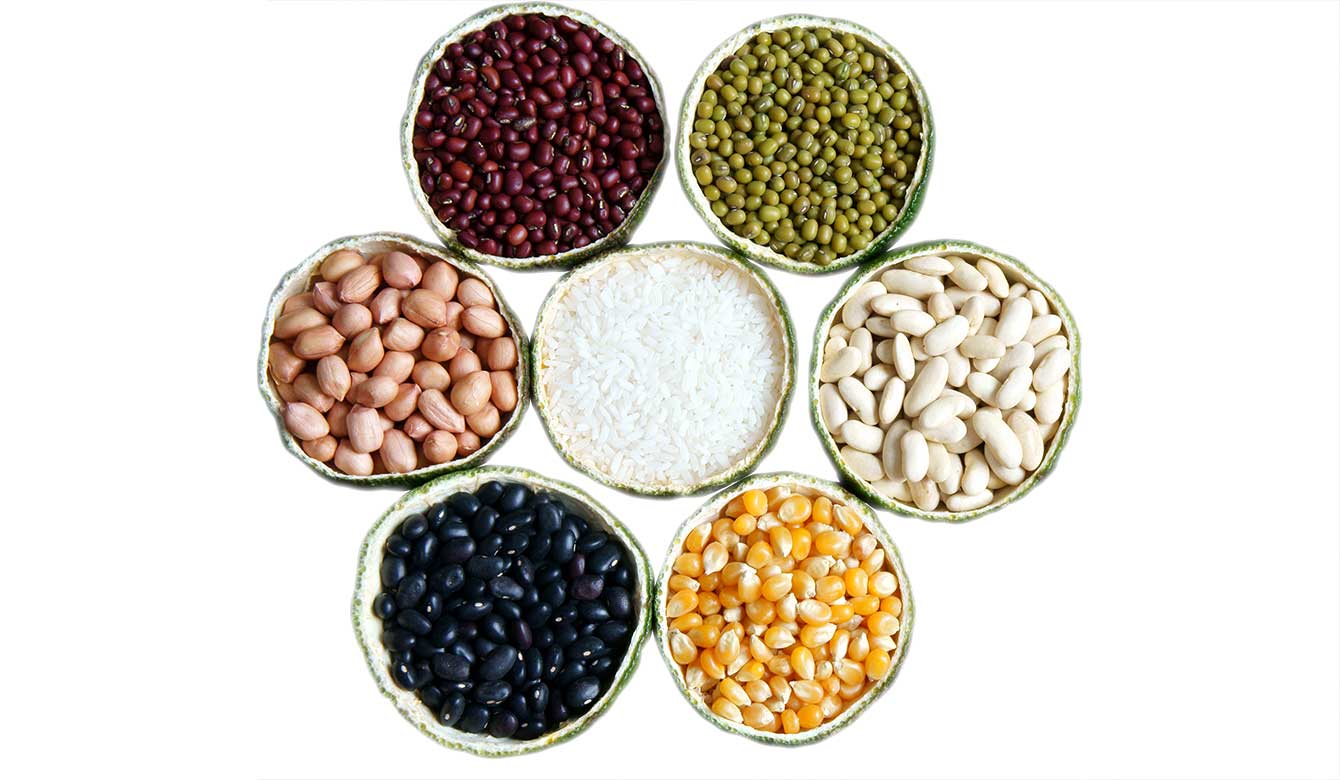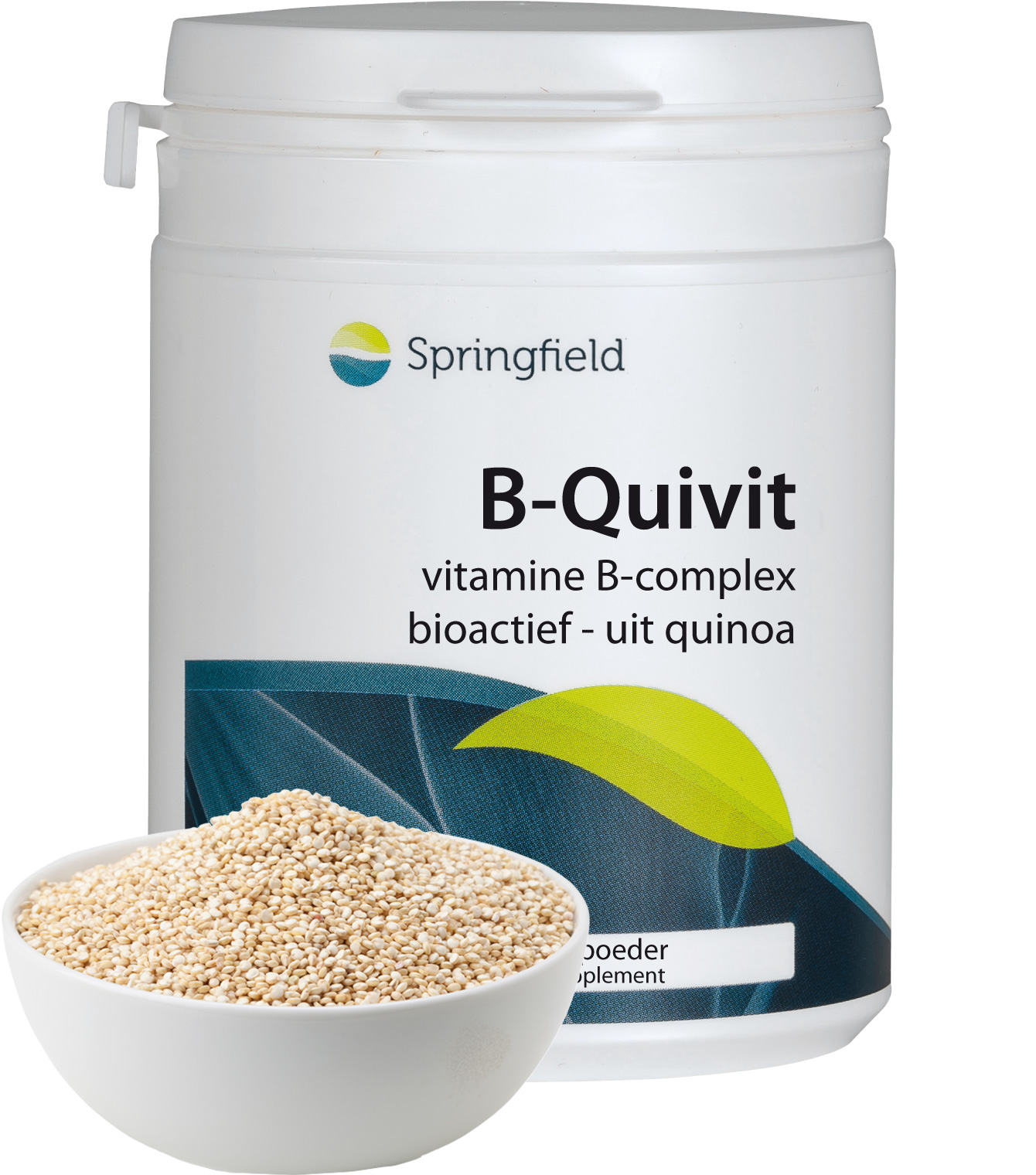
Vitamin B
The role of B vitamins
B vitamins are water-soluble compounds found in food which – in small quantities – are important for vitality, health, growth and reproduction in humans. The eight B vitamins (thiamine, riboflavin, niacin, pantothenate, pyridoxine, folate, vitamin B12 and biotin) are present both in nature and in the human body in thirty different biologically active forms.
The water-soluble B vitamins fulfil many important functions in the body and in this respect work closely together. Because they are scarcely stored in the body at all, it is important that we consume sufficient quantities of these essential foodstuffs daily. The content of B vitamins in our current diet, however, is often too low to meet individual vitamin B requirements fully.
Vitamin B requirements are dependent on age, physical activity, state of health and intake of medicines. A deficiency in one or more B vitamins is common.
B vitamins interact with each other to a large extent. A deficiency in one B vitamin therefore rapidly has negative repercussions on the metabolism and functioning of other B vitamins. For example, vitamin B2 and B3 are needed in the body to convert vitamin B6 and folic acid to their biologically active form and vitamin B2 is involved in the metabolism of vitamin B3 and folic acid.
Dietary supply of B vitamins
It is not necessarily the case that people obtain the required quantities of B vitamins entirely from food. This has a lot to do with the way in which foodstuffs are currently produced, stored, refined and prepared. B vitamins in general are sensitive to moisture, heat, light and air (oxygen).
Regular consumption of alcohol and refined, calorie-rich, ready-made products with a low nutritional value cause a rapid depletion of the body’s supply of B vitamins.
Vegetables, fruit, wholemeal grain and fibre are important sources of B vitamins and other micronutrients. The consumption of vegetables and fruit has for years now been well below the norm. On average people eat inadequate quantities of vegetables (120 grams a day instead of 200 grams) and fruit (100 instead of 200 grams a day). Less than 25% of the population meet the recommendations for vegetables, fruit and dietary fibre.
Functions of B vitamins
The various B vitamins have a number of functions in the body, including helping to lower the homocysteine content, beneficial to the heart and blood vessels, promotino of alertness and concentration, helping to improve performance and give more (mental) energy, good for vision.

Vitamin B-Complex
from quinoa

Vitamin B8

nicotinamide* & D-Ribose
with RiaGev™
